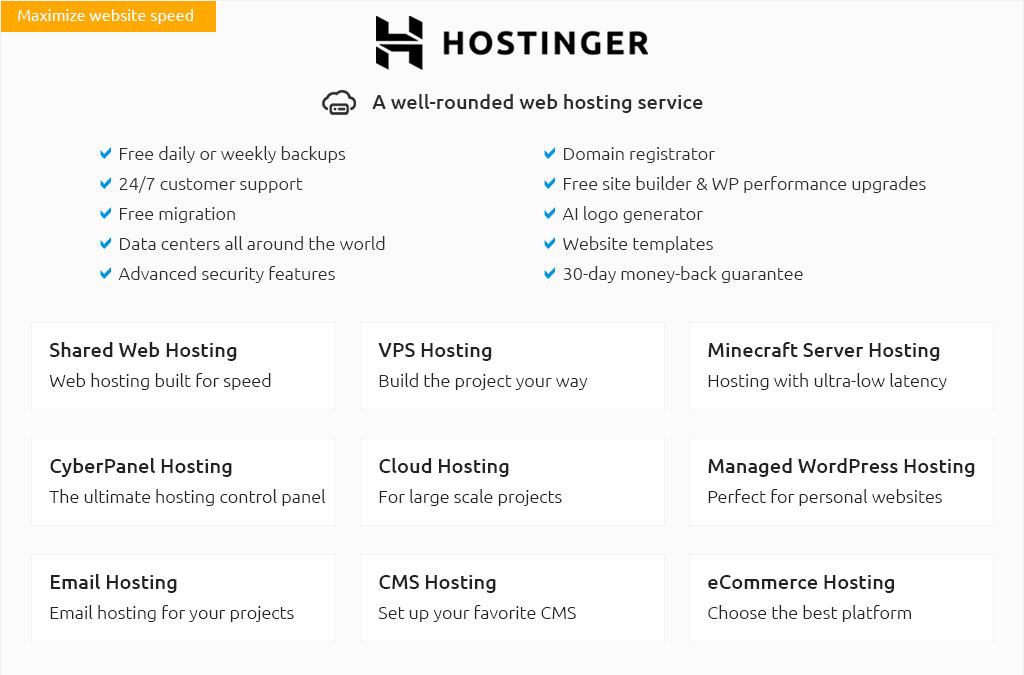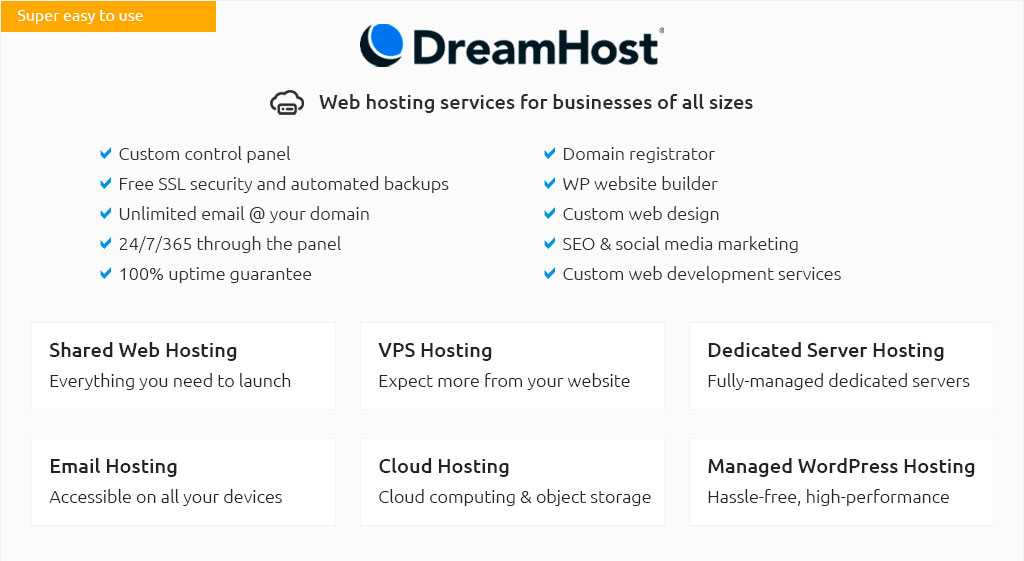 |
|||
 |
 |
 |
|
 |
|
 |
 |
 |
|||
 |
|||
 |
|||
 |
|||
 |
 |
Web Hosting with SQL Server: Navigating the NuancesIn today's digital age, choosing the right web hosting platform can feel like navigating a labyrinth, especially when SQL Server is involved. SQL Server, known for its robust and reliable database management capabilities, can be an invaluable asset for web applications, but integrating it into your hosting strategy requires a nuanced understanding. Here, we explore common pitfalls to avoid and considerations to keep in mind when hosting with SQL Server. Firstly, underestimating resource allocation can lead to significant performance bottlenecks. SQL Server is resource-intensive, demanding substantial CPU and memory to operate optimally. When selecting a hosting provider, ensure they offer plans that accommodate these needs. Many novices opt for basic hosting plans due to cost considerations, only to encounter sluggish performance and increased downtime as traffic grows. It's crucial to balance budget constraints with the technical requirements of SQL Server, and sometimes, this might mean opting for a dedicated server or at least a virtual private server (VPS) to guarantee sufficient resources. Another common oversight is neglecting security measures. SQL Server, like any database management system, is a prime target for cyber threats. Hosting providers that support SQL Server should offer robust security features, including firewalls, encryption, and regular security patches. However, it's also up to you to enforce strong passwords, manage user access meticulously, and conduct regular security audits. Never assume that security is solely the provider's responsibility.
It's also worth considering the integration capabilities of SQL Server with other technologies you plan to use. Whether you're building a .NET application or integrating with various data analytics tools, ensure that your hosting environment is conducive to such integrations. Compatibility issues can lead to development delays and additional costs. Finally, don't overlook the importance of performance monitoring tools. SQL Server includes native tools like SQL Server Profiler and Performance Monitor, which can provide invaluable insights into your database's performance. Many hosting providers offer additional tools that can help identify and resolve bottlenecks efficiently. In conclusion, hosting with SQL Server requires careful planning and consideration. Avoiding the common mistakes of underestimating resource needs, neglecting security, and choosing inadequate support can save you from future headaches. By selecting a hosting provider that aligns with your SQL Server requirements and growth trajectory, you can ensure a smooth, secure, and scalable web hosting experience. https://www.sqlservermart.com/
SQL Server dedicated hosting involves the allocation of an entire server exclusively for running Microsoft SQL Server. This dedicated environment ensures ... https://hostadvice.com/database-hosting/mssql-hosting/
Hostinger offers an affordable SQL server hosting services. Their user-friendly interface and comprehensive support make it easy to manage your ... https://www.ionos.com/cloud/sql-server-hosting
SQL server hosting allows you to manage your RDMS (Relational Database Management System) by means of SQL. SQL is known for being simple to use and allows you ...
|